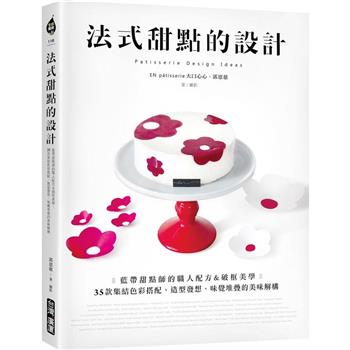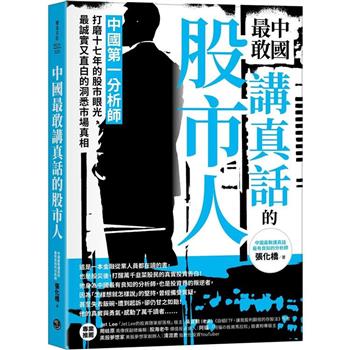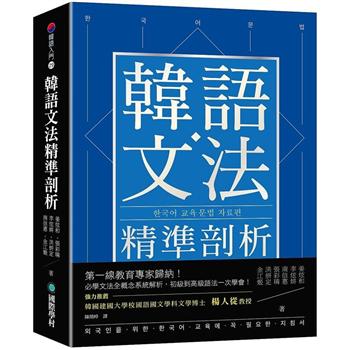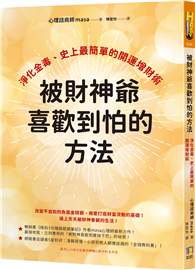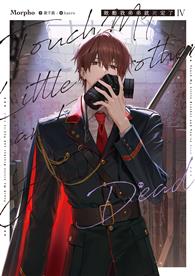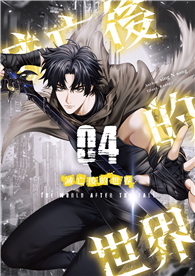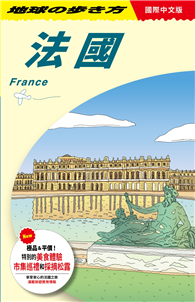This book is designed for creative writing practitioners and anyone interested in how literary works come into being. By focusing on the idea of inhabitation, it explores the links between creative and critical practice. It investigates how writers from around the globe forge connections between critical theory and their practice in sharply particular creative contexts. The collection highlights the versatility of creative modes of research; it enables understandings of how we make and remake texts and to what ends; it provides opportunities to survey how creative artists engage with research.
ReviewsHere is the book I’ve been waiting for: one that does not position language as something we use, or that uses us, but as both structuring structure and the tools of our trade. We invented language; it constructs our perceptions. We put language to work; it employs us. This strange and never-fully-apprehended relationship is teased out across the essays in this collection: sense-making, image-making, the co-mingling of theory and story, poetry and prose. Global in reach, ambitious in its scope, this book needs to be on every writer’s desk. --Jen Webb, Director, Centre for Creative and Cultural Research, Faculty of Arts and Design, University of Canberra Creative Writing with Critical Theory: Inhabitation is an exceptional collection and addition to the writing about writing genre. Dominique Hecq and Julian Novitz have managed to pull together a fascinating collection of chapters, while also managing a coherence in the book itself. It is a compelling collection with strong academic rigour but what really comes through is the fact that it is written and edited by creative writers who are also academically engaged in the art, craft and processes they are writing about. A must have book for writing scholars and anyone who takes the study of writing and indeed writing itself seriously. --Professor Andrew Melrose, Professor of Children’s Writing, Faculty of Arts, University of Winchester

